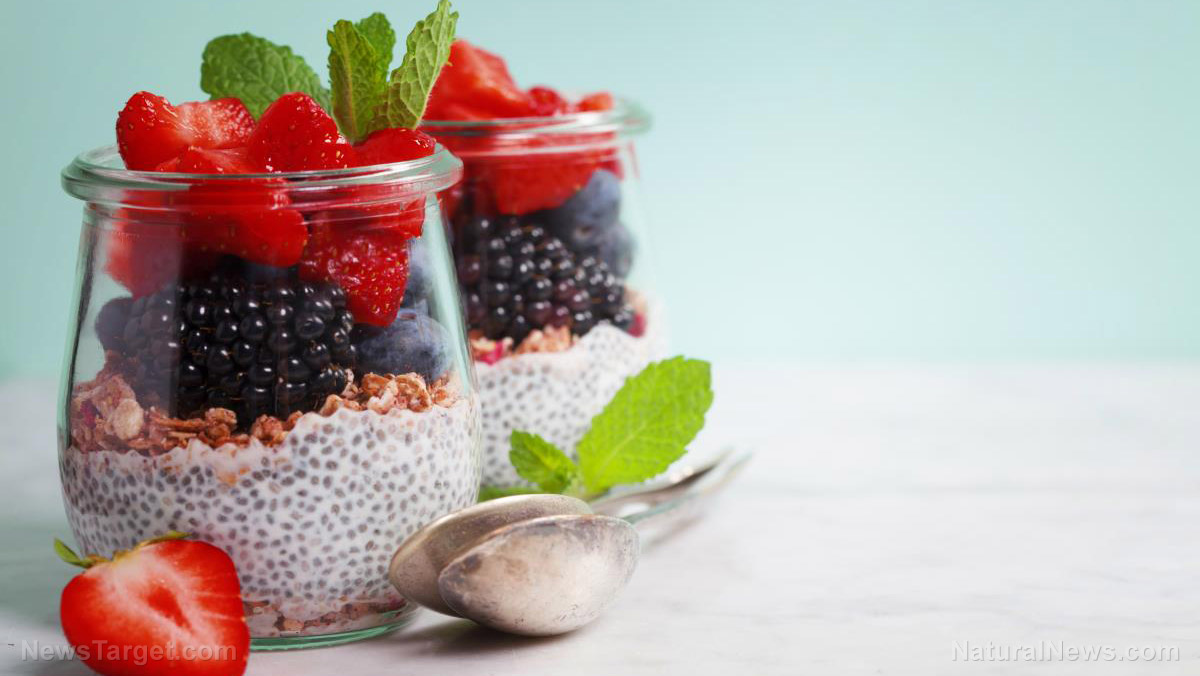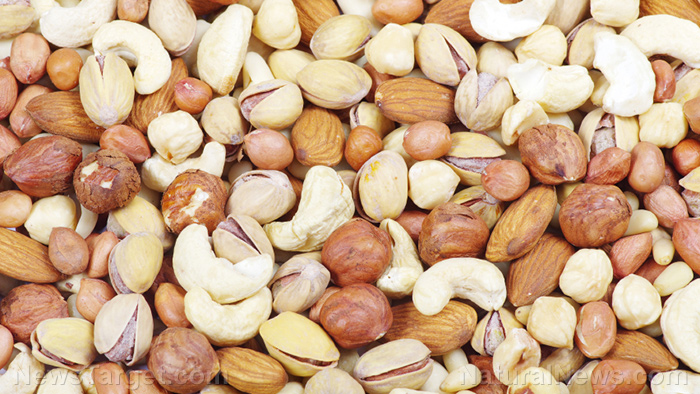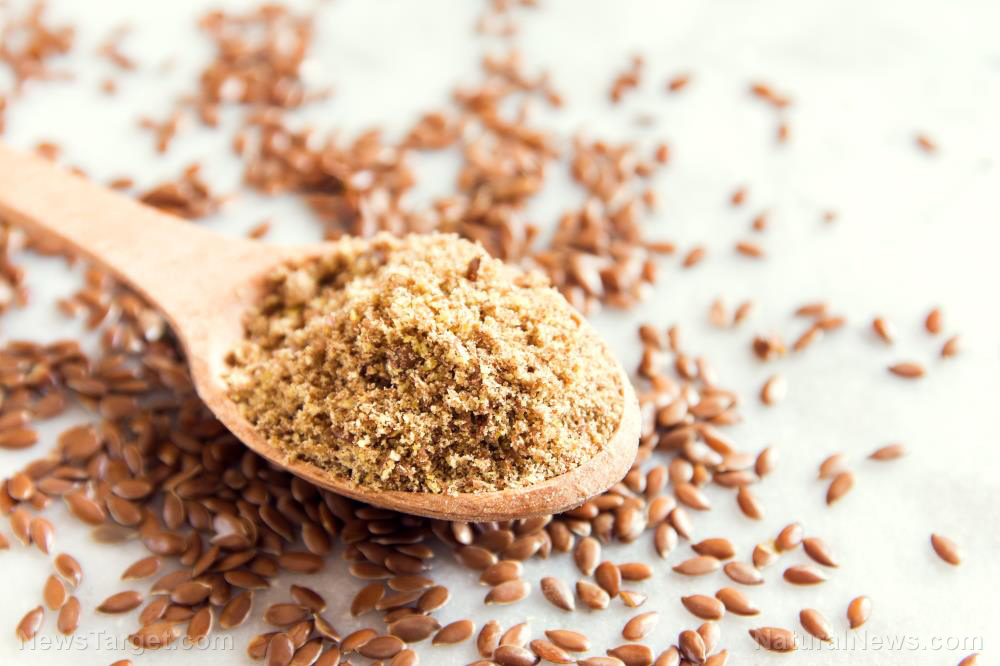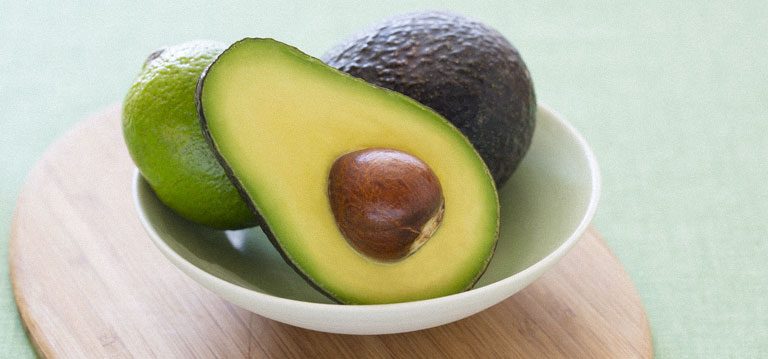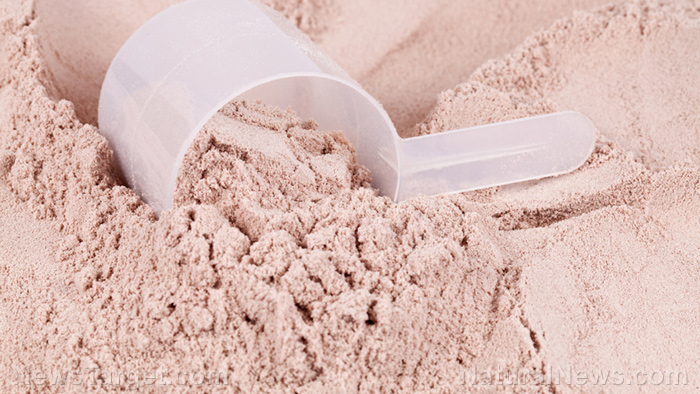How does a high-fat diet affect gut health?
06/26/2019 / By Isabelle Z.
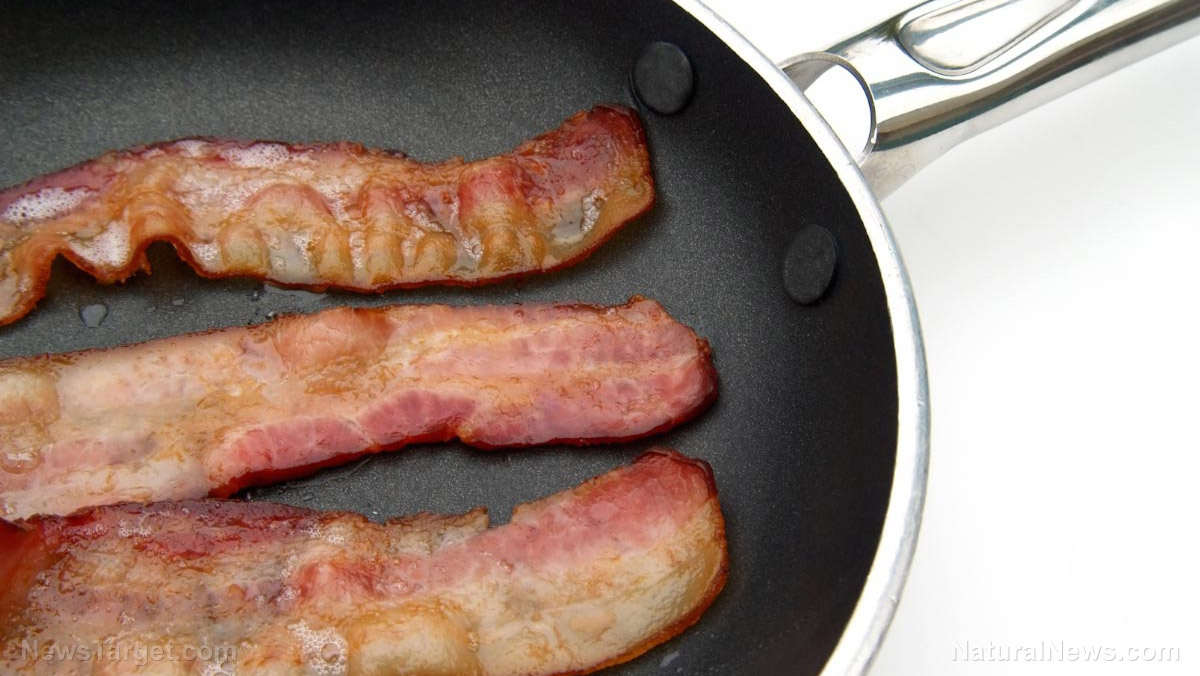
High-fat diets like the keto diet are currently enjoying a surge in popularity, and it’s certainly true that fats aren’t quite as bad as they’ve been made out to be. In fact, healthy fats are quite good for you. However, a new study shows that overdoing fatty foods could have a negative impact on your gut bacteria, which can affect your health in many concerning ways.
In the study, researchers looked at more than 200 healthy young adults aged 18 to 35. They assigned them to eat a diet that was either low, moderate, or high in fat over six months. The low-fat group consumed 20 percent of their daily calories from fat and got 66 percent from carbohydrates, while the breakdowns for the moderate and high fat groups were 30 percent fat/56 percent carbs and 40 percent fat/46 percent carbs respectively. Their average fat intake prior to the study was around 31 percent.
The number of calories and amounts of fiber and protein were kept constant across all groups. The researchers modified the participants’ intake of carbohydrates like flour and rice to make up for the fat intake changes.
After assessing the blood and stool samples of the study’s participants, the researchers found that those who ate the high-fat diet noted “unfavorable changes” in their gut bacteria levels. In particular, their levels of Blautia and Faecalibacterium went down. In contrast, the group that consumed the low-fat diet noted raised levels of this good bacteria at the end of the study. Their findings were published in the journal Gut.
What are the ramifications of these gut bacteria alterations?
Just what could happen over time if this behavior continues? The aforementioned bacteria help to produce a fatty acid known as butyrate, which provides bowel cells with energy and serves as an anti-inflammatory. The high-fat group also noted an increased level of the Alistipes and Bacteroides bacteria, which could raise their risk of metabolic problems like Type 2 diabetes.
The power of the elements: Discover Colloidal Silver Mouthwash with quality, natural ingredients like Sangre de Drago sap, black walnut hulls, menthol crystals and more. Zero artificial sweeteners, colors or alcohol. Learn more at the Health Ranger Store and help support this news site.
In even more bad news for high-fat diet adherents, those in this group also noted rises in their levels of long-chain fatty acids, which are known for stimulating inflammation in the body. Not surprisingly, their levels of some inflammation markers were also elevated.
Their findings are considered particularly timely as many developing countries transition from a traditional diet that is high in carbs and low in fat to a more Western-style, high-fat diet. It also comes at a time when Paleo and Keto are the dominant diet trends. The Paleo diet is roughly 40 percent fat, while those following a Ketogenic diet generally get 60 to 75 percent of their diet from fat.
The researchers did note that all three of the groups studied lost weight during the study, and those on the low-fat diet lost the most weight. The weigh they lost may have reduced their inflammation levels or affected their microbiome in a positive way. The low-fat group also noted the greatest reductions in their waist circumference, bad cholesterol, and total cholesterol.
The researchers suggest that fat intake should account for no more than 30 percent of a person’s total energy, adding that most of the fat should come from healthy fats like olive or peanut oil.
Some fats are good, but don’t overdo it
This study does not quite suggest that consuming fat is unhealthy; unsaturated fats are essential for optimum health. What it does indicate, however, is that there is such a thing as overdoing it when it comes to fats, especially animal fats, in terms of gut health.
The best way to ensure a healthy gut microbiome is by consuming more vegetables, fruits, nuts and legumes. As always, processed and red meats should be limited. This is sound advice not just for an optimal gut microbiome but also for your overall health.
Sources for this article include:
Tagged Under: fight obesity, gut bacteria, gut health, gut microbiome, high-fat diet, keto diet, longevity, low fat diet, nutrients, nutrition, paleo diet, research, slender, weight loss
RECENT NEWS & ARTICLES
COPYRIGHT © 2017 SLENDER NEWS


